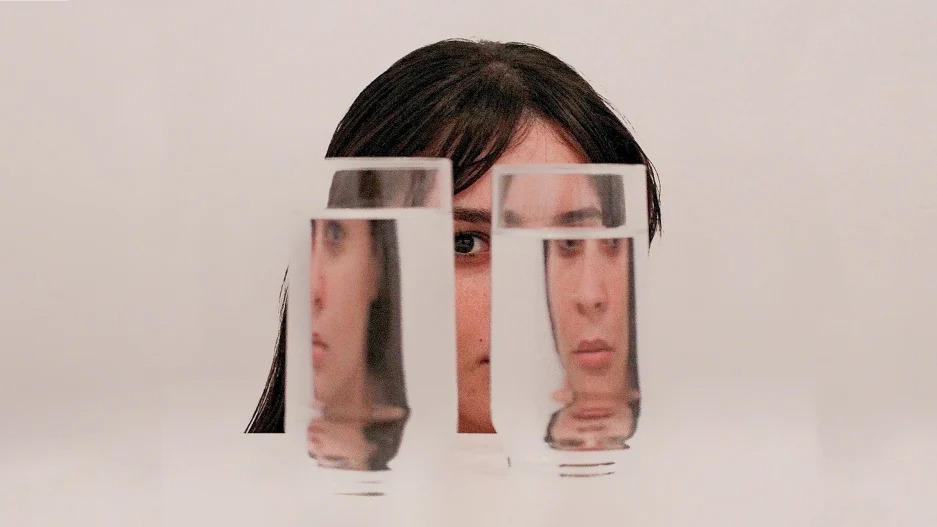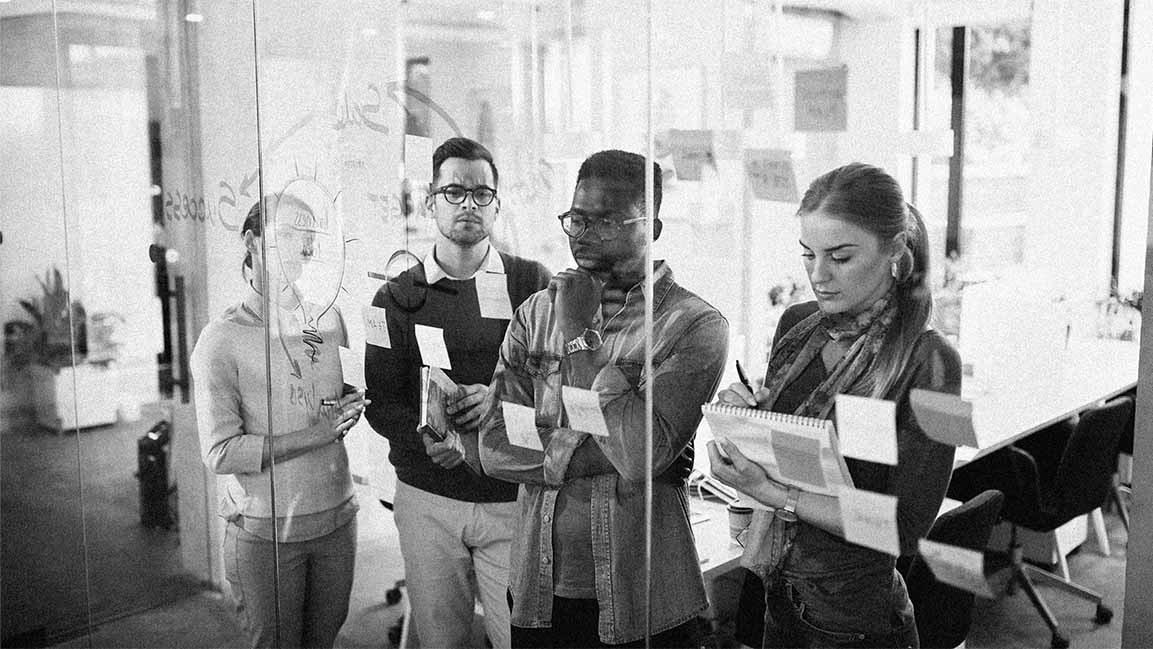- | 4:30 pm
What it takes to be your best self with your coworkers (or anyone)
These three practices help you see people as they are, rather than how you perceive them.

I believe the great question of the twenty-first century is the question of how we “be” together. Not how we are together or how we relate to one another, but how our state of being, our very essence, touches one another and learns to thrive in a state of interdependence.
I’ve reflected on Reverend Jennifer Bailey’s words since I read her book, To My Beloveds: Letters on Faith, Race, Loss, and Radical Hope.
Her words hit the heart of my daily intention to be my best self for others. Then, they made me question it. What does it actually mean to be a good friend, mentor, and team member? How do I stay present when I’m overwhelmed? And remain calm during challenges?
I realized that it’s simple to set this intention in meditation. The real work is embodying it in my daily life. So, I turned to the thought leaders I interview on my podcast, 33voices, to find out how they do it. These are three of their most helpful practices.
ANCHOR IN LOVE
I first learned about leading with love from Poshmark CEO and founder Manish Chandra. I was 23 and moved that love could be your North Star, especially in business. I’d similarly recognized that this wasn’t a value that I could declare once. It was one I’d need to live every day.
Love, in any relationship, requires courage and vulnerability. Six years later, I was fortunate to ask him how we can stay committed to it, especially during difficult times. Whereas his first lesson offered me a compass, this one is an anchor I return to:
When you’re looking at situations, you can come from three emotions. Fear is the most common. But, many times fear can turn into greed.
Fear is: I have very little and whatever I have is taken away. Greed is: I have too little. So, I need to take everything on the plate. Love is saying: This is the right way. It’s a win-win situation for everyone.
When you’re not feeling right, you have to step back and ask: Is this decision coming from a place of fear, greed, or love? . . . Because you can think you’re coming from a place of love, but you’re really coming from a place of intense fear.”
AMPLIFY OUR SHARED GOODNESS
How often do you see people as their true selves, rather than through the lens of your own perceptions? Until I learned of this practice from Rebecca Minkoff, founder of her namesake brand and cofounder of The Female Founder Collective, I didn’t account for how common the latter is.
“I try to lead with the mindset of: What is great about this person? What is their positive trait? That’s what I need to focus on,” she says. “When you find the best in others, you validate the best in others and will get more of it.”
Rebecca’s questions unveiled how the stories we tell ourselves paint our interpretations of others’ behavior, often in limiting ways. This simple exercise not only broadens that perspective. It offers a dual gift: Creating space for someone to show up as their best self invites you to do the same.
FLEX YOUR COMPASSION MUSCLE
These questions are helpful guides in my relationships. Still, there are times when I remain hurt or angry after asking them. That’s when I repeat this line from a compassion meditation shared by Dr.Richard Davidson, Founder of The Center for Healthy Minds: “May you be free from suffering and the causes of suffering.” It’s made the single biggest difference in shifting from anger to acceptance, even when I may not understand the other person’s viewpoint.
Through their examples, these leaders respond to Reverend Bailey’s question as an invitation to participate in our shared human experience. “How we be together is not a question that can be solved by any one individual or generation,” she adds. “It’s going to require the collective creativity, wisdom, and consciousness of a broad range of experiences. . . . We answer it by continuing to return to it as a praxis: As something we attempt to embody, then reflect on and do again.”








































